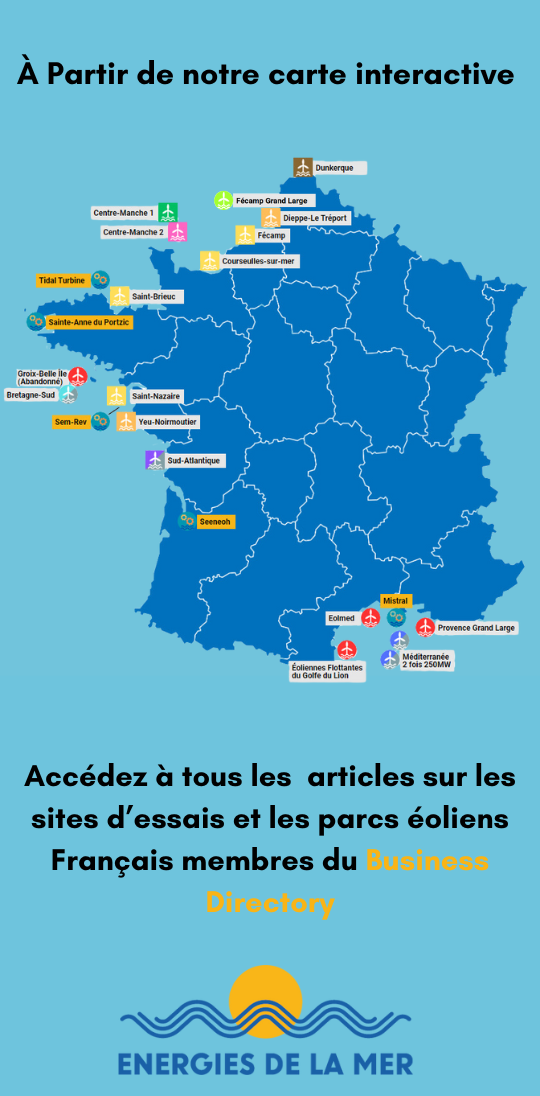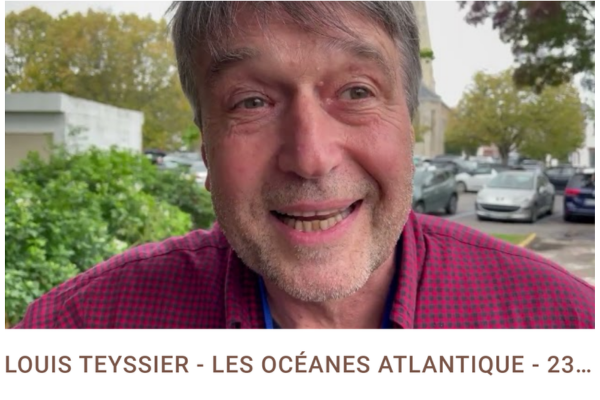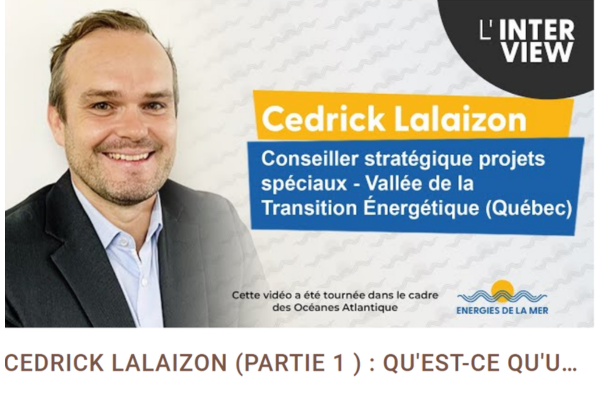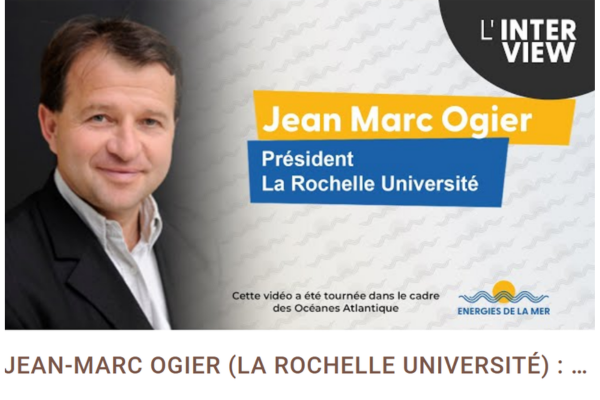UK – Mercredi 13/03/2019 – energiesdelamer.eu. Le GdR CNRS 3763 EMR (Énergies Marines Renouvelables) a diffusé une offre de thèse proposée par l’université d’Exeter.
Le thème est sur les « besoins d’automatisation de l’industrie éolienne en mer en appliquant de nouvelles méthodes d’intégration de plusieurs systèmes autonomes à l’exploitation de parcs éoliens existants et à la planification des besoins des futurs parcs éoliens en mer ».
Cette thèse est entièrement financée et explorera l’utilisation de systèmes autonomes pour l’exploitation et la maintenance de parcs éoliens en mer. Ce projet est coparrainé par EDF et permet de mettre à l’essai de nouvelles technologies sur un véritable parc éolien exploité par EDF.
Autonomous Systems for Offshore Wind O&M – Strategies, Guidelines, and Tools, Renewable Energy – PhD (Funded) Ref: 3476
About the award
Supervisors
Dr. Ajit C Pillai, University of Exeter
Professor Lars Johanning, University of Exeter
This PhD at the University of Exeter is sponsored by an industry leading global energy company that is at the forefront of the drive towards low carbon electricity generation. This PhD seeks to address the offshore wind industry’s need of greater levels of automation by applying novel methods of integrating multiple autonomous systems to the operation of existing wind farms and planning for the needs of future offshore wind farms A PhD candidate is sought to develop tools to use and coordinate autonomous surface vessels, unmanned subsea vessels, and unmanned aerial drones for offshore wind farms. Working closely with operational teams, the research will include field testing at active wind farms. The tools, strategies, and proof of concept sea trials developed as part of this PhD will aid not only wind farm operators, such as the industrial sponsor, but will help guide the work of manufacturers of autonomous systems to ensure that their systems can address the challenges faced in this industry.
The aim is to identify, develop and validate innovative solutions to reduce costs and risks to existing and future offshore wind assets. The project would suit someone who is organised and has strong computational skills, including programming and a reasonable level of maths. A background in one or more of the following would be advantageous; computational analysis, software development, physical oceanography, offshore engineering, structural engineering, and naval architecture. However, candidates across the marine sciences, engineering, maths, computing or physical sciences will be considered.
The project will take advantage of facilities within the Centre for Offshore Technology, including high-performance computing, offshore test facilities, offshore measurement technology, and research vessel. Furthermore, field trials at an offshore wind farm are anticipated in partnership with the industrial sponsor. As such, the project will include fieldwork, so the confidence that you can operate on a boat with both manual and computer tasks in support of instrument deployment, servicing and recovery could be beneficial.
The studentship will be awarded on the basis of merit for 4 years of full-time study to commence in September 2019 with at least three months to be spent working in the offices of the industrial sponsor. The collaboration with the industrial sponsor is subject to contract. Please note full details of the project partner’s contribution and involvement with the project is still to be confirmed and may change during the course of contract negotiations. Full details will be confirmed at offer stage.
Points de repère
26/10/2018 : L’Université d’Exeter participe au projet MARINEFF, mené par ESITC Caen dans le domaine des matériaux et des techniques de construction adaptés aux exigences environnementales, mais aussi aux enjeux des acteurs économiques du domaine maritime.
The studentship will cover a stipend at the minimum Research Council rate, currently £15,009 per annum, research costs and tuition fees at the UK/EU rate for students who meet the residency requirements outlined by the EPSRC. Students from EU countries who do not meet the residency requirements may still be eligible for a fees-only award but no stipend. Applicants who are classed as International for tuition fee purposes are not eligible for funding.
Further information about eligibility can be found here.
Read more at http://www.exeter.ac.uk/studying/funding/award/?id=3476#hZe3SxtlxTLwjofG.99
Contact : Dr. Ajit C. Pillai – a.pillai@exeter.ac.uk
Lecturer in Autonomous Systems and Robotics Renewable Energy Group College of Engineering, Mathematics, and Physical Sciences
University of Exeter, Penryn Campus
Le site energiesdelamer.eu a développé une rubrique spéciale « Thèses » et publie régulièrement les appels à candidature… des résumés de thèses ou d’articles scientifiques.
Et également à l’Université du Havre
Houloportuaire – Répondre avant le 19/03/2019
Si vous n’avez pas lu la Lettre quotidienne du 07/03/2019, un sujet de thèse co-financé par l’ADEME et la Région Normandie est proposé par l’Université du Havre sur le thème « Flotteur pilonnant sur pieu bord à quai à fonctions de récupération de l’énergie des vagues et protection de digue ». Il faut répondre avant le 19/03/2019.
Publicités Google :







